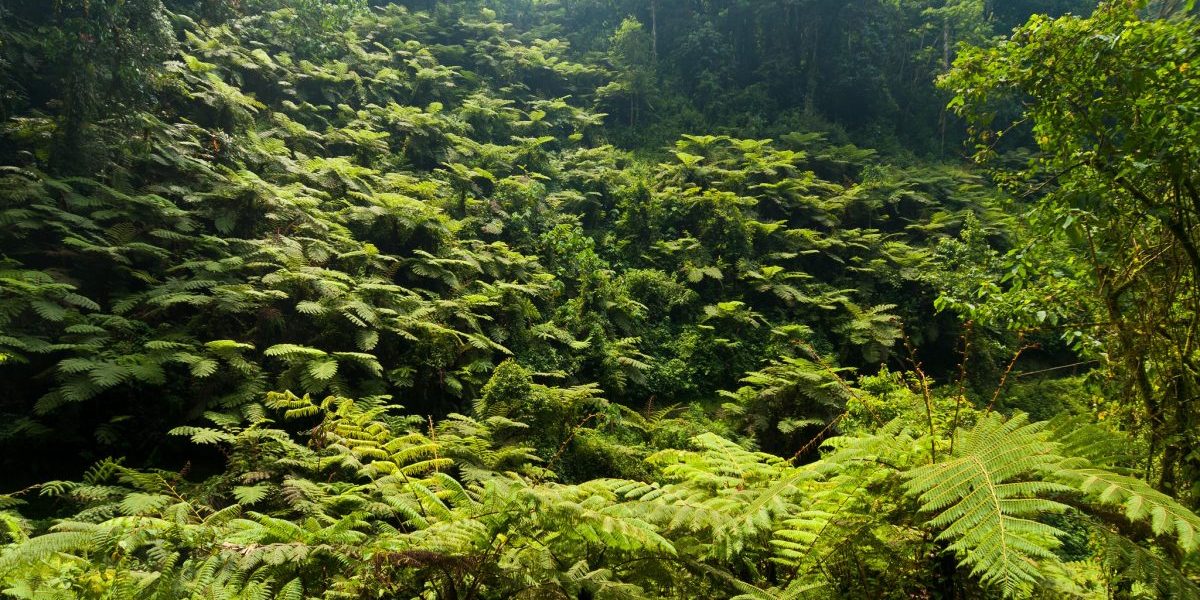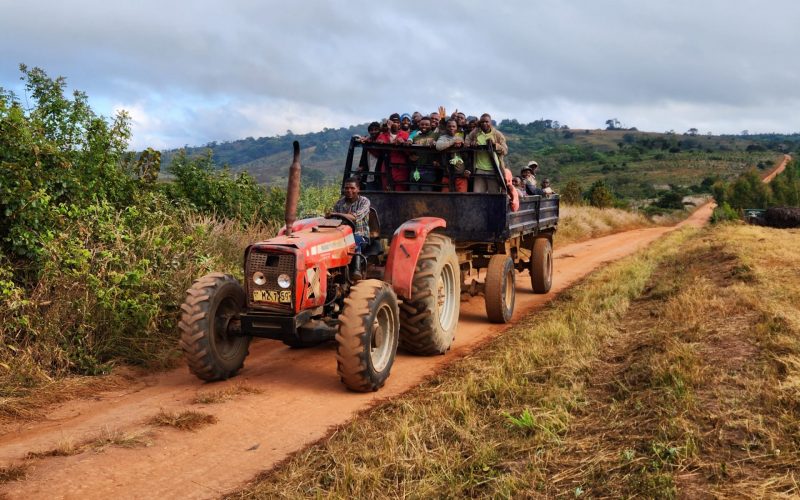Communities lack knowledge of forest law and policies due to poor access to legal regulations and guidelines. The sector is characterised by corrupt practices and a culture of impunity. Punishments for breaking the law lack severity to act as a deterrent for illegal logging. This, combined with frequent harassment by state agents, leads to an increase in illegal activities. There is insufficient institutional capacity for forest management, and a huge gap between policy and practice. The government’s commitment to the involvement of local communities in forest governance is theoretical, as it appears unwilling to contribute constructively to the sector. The forestry sector contributes very little to the national economy, at just 1% to GDP, compared to an average of 5% for other countries in the Central Africa Forestry Commission (COMIFAC).








